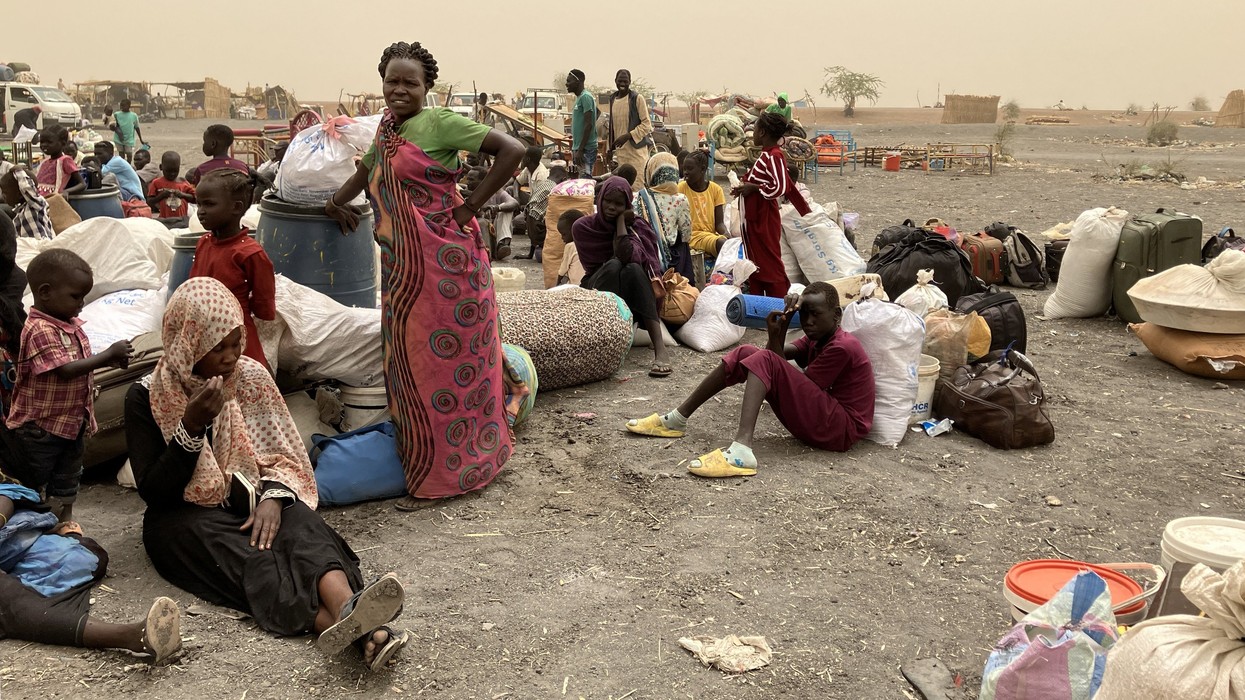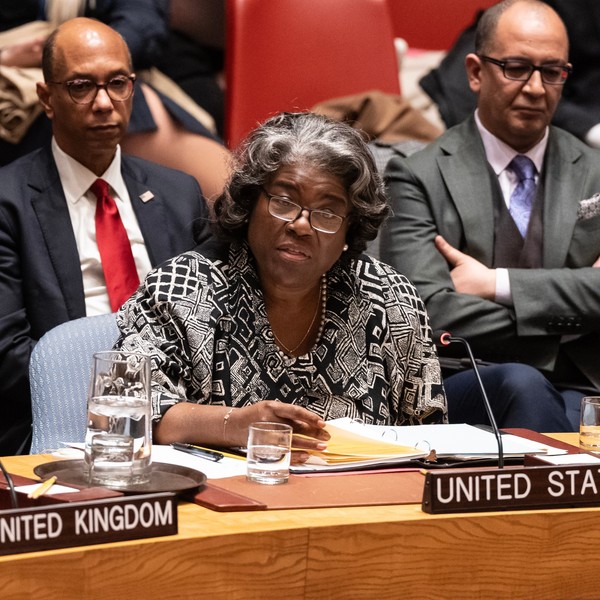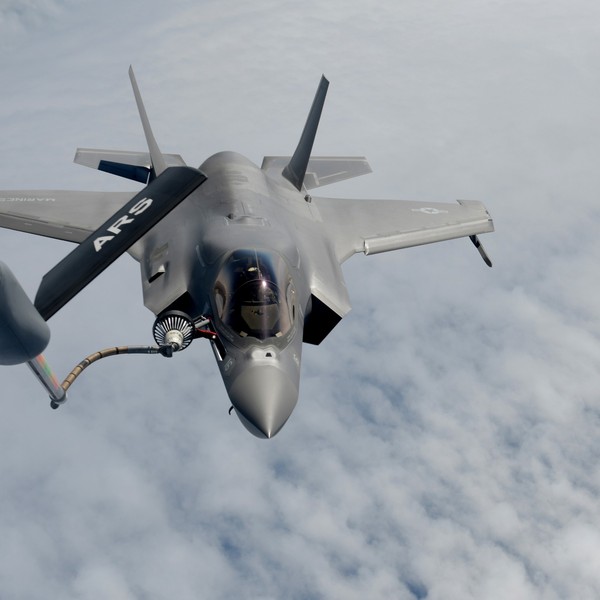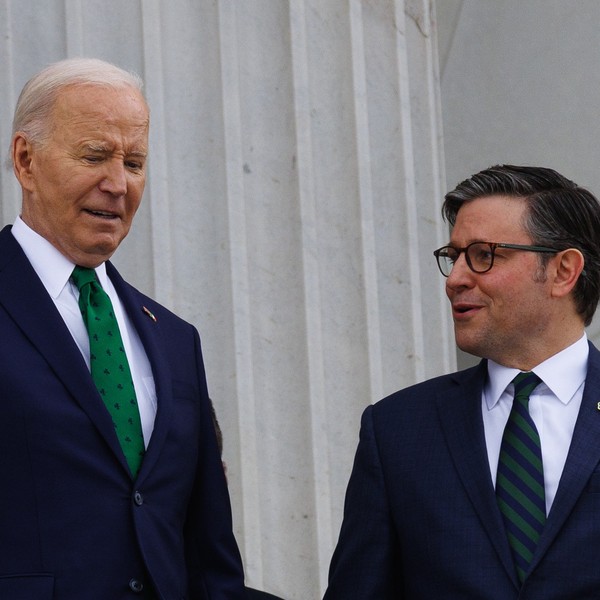Israeli Prime Minister Benjamin Netanyahu signed agreements with the United Arab Emirates and Bahrain in Washington on Tuesday. Brokered by the Trump administration, these deals represent two of the most broadly popular developments for both Trump and Netanyahu in many years.
These agreements are called “peace deals,” although Israel has never been at war with either the UAE or Bahrain. They are also hailed as opening “cooperation” between Israel and the two Gulf states, although they’ve been cooperating for many years, albeit clandestinely.
Saeb Erekat, the secretary-general of the executive committee of the Palestine Liberation Organization, said, “The Bahraini, Israeli, American agreement to normalize relations is now part of a bigger package in the region. It is not about peace, it is not about relations between countries. It is a military alliance being created in the region led by Israel.” I don’t always agree with Erekat, but in this case, his analysis is on the mark.
The military alliance Erekat refers to is primarily about confronting Iran, which remains at the top of Trump’s failing foreign policy agenda. For both Israel and the Gulf monarchies, the concerns are broader, though Iran is the biggest single motivating factor for these newly open alliances.
For example, the increasingly close relationships between Turkey, Russia, and Iran are one consideration. In Libya, the terrain is complicated, with France, Italy, Malta, Cyprus, and Greece on various sides of clashing factions in a conflict that is increasingly becoming a proxy war between Turkey and Egypt. Other powers like Russia and Saudi Arabia play key roles in the background. The potential consequences of this web of conflict are all too visible in Syria and as the Libyan conflict has the potential to draw even more players in, a strong regional alliance of countries with shared interests like Israel and the Gulf monarchies becomes more tempting.
Saudi Arabia, Egypt, and their allies also remain concerned about the activities of the Muslim Brotherhood across the region. By formalizing deals with Israel, and thereby strengthening the strategic alliance with the United States, Saudi allies are able to form a stronger counter to the Brotherhood and more effectively pressure governments, like Qatar, which are more sympathetic to the Brotherhood. More aggressive methods like the Saudi blockade against Qatar have proven ineffective
Empty benefits
The motivations of the Gulf states are as clear as they are indifferent to the concerns of the Palestinians, with media outlets in the Arab world being muzzled against criticism of the deals. But there has been widespread support in Israel and from its backers. Indeed, Netanyahu has even won praise from many of his detractors. But what kind of future is Netanyahu bargaining for?
AIPAC, the powerful pro-Israel lobbying group, tweeted, “It’s #ANewEra for Israeli-Arab relations. The old, unproductive paradigm of boycotts & rejectionism is collapsing. We urge other Arab states and the Palestinians to follow the UAE and Bahrain’s lead in #ANewEra of peace, progress and prosperity in the Middle East.”
J Street was more qualified in its praise, welcoming the agreements, but cautioning that peace can only come through a comprehensive deal that brings “a two-state solution, an end to the occupation, and a halt to the ongoing process of creeping annexation that is designed to make genuine Israeli-Palestinian peace impossible.”
Israel’s other historical alliances in the region tell us much about the true value of the deals being struck this week in Washington, and it’s far less than Netanyahu and Trump claim.
In the early days of the Jewish state, the United States and allies supported the so-called “Alliance of the Periphery,” a tripartite alliance between the non-Arab powers in the Middle East: Israel, Turkey, and Iran. While Israel was able to maintain strong bonds for decades, the alliance was never as strong as some hoped. Both Iran and Turkey, to varying degrees, still had to consider their relations with the Arab world, and therefore wavered in their friendship with Israel.
The rise of the Islamic Republic in Iran and, later, the AKP of Recep Tayyip Erdoğan in Turkey soured these relationships, albeit to different degrees. Turkey and Israel have a tense relationship but, unlike Iran, it is not one of outright hostility.
The Alliance of the Periphery was built largely on the pragmatism of the Cold War and international politics. In fact, it depended on states of tension, particularly with the Arab neighbors of all three countries. As such, the possibility of drastic political shifts that would sunder the alliances was always strong.
Ultimately, the agreements with Bahrain and the UAE are similar. Even without sharp changes in the Gulf monarchies like those that came about in Iran and Turkey, reviving the Iran nuclear deal and pursuing the diplomatic progress envisioned by the Obama administration when it struck that deal could dramatically alter the political calculus in both Gulf countries. Diplomatic progress with Iran would necessitate diminishing military tensions between the Persian Gulf neighbors. Increasing democracy to even a small degree in these countries would inevitably revive advocacy for the Palestinian cause.
Israel’s peace with the Gulf states is, therefore, dependent on a high level of hostility with Iran. It also depends on the inability of some of the Gulf states, like Qatar and Oman, to moderate their fellow potentates’ hostility to the Muslim Brotherhood and similar, populist, Islamist movements in the region. These seem like immutable conditions now, but such changes are the likely outcome of successfully pursuing a diplomatic, rather than a confrontational approach to these issues.
The other models — Jordan and Egypt — are equally dependent on a state of military tension. Egypt’s peace treaty with Israel was born out of Anwar Sadat’s desire to fully embrace the American side of the Cold War and the annual military aid that came with that embrace, in addition to retrieving the Sinai Peninsula, lost to Israel in 1967.
Jordan was similarly motivated toward its peace deal. While King Hussein was only too happy to quit representing the Palestinians diplomatically, he wanted to repair the relationship with the United States that had been so badly damaged by Jordan’s sympathetic stance toward Saddam Hussein in the first Gulf War. He was also enticed by both U.S. aid and the prospect of a free trade zone involving Jordan, the Palestinians, Israel and the United States, a plan pushed heavily by Israeli leader Shimon Peres and U.S. President Bill Clinton at the time.
Trump’s effort to buy peace with arms sales and a military alliance in a region already devastated by war and on the edge of much more is a losing proposition for everyone concerned. Forcing agreements on people who are demanding justice, as the U.S. has tried to do with Jordan and Egypt, cannot ever lead to a stable peace. Eventually, it will fail, just as it has in Iran and Turkey.
The people of Jordan and Egypt despise the peace deals with Israel. They are only possible because they are dictatorships. The same can be said about Bahrain and the UAE. Democracy in any of these countries will undo these agreements because they are overwhelmingly opposed by the people there. Agreements that need dictatorship and military tensions to survive are not agreements worth signing.















